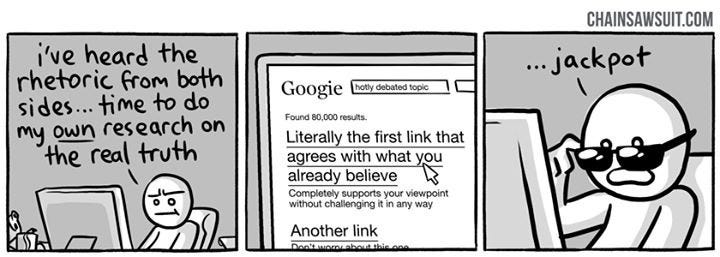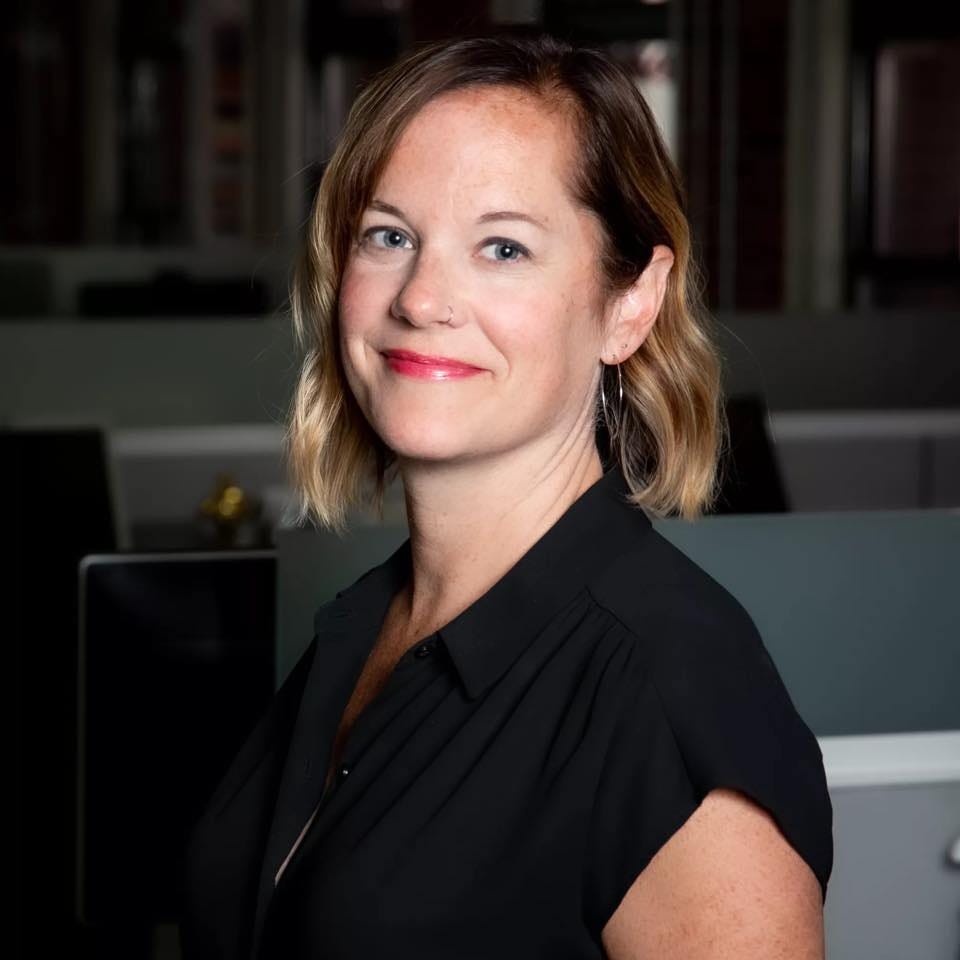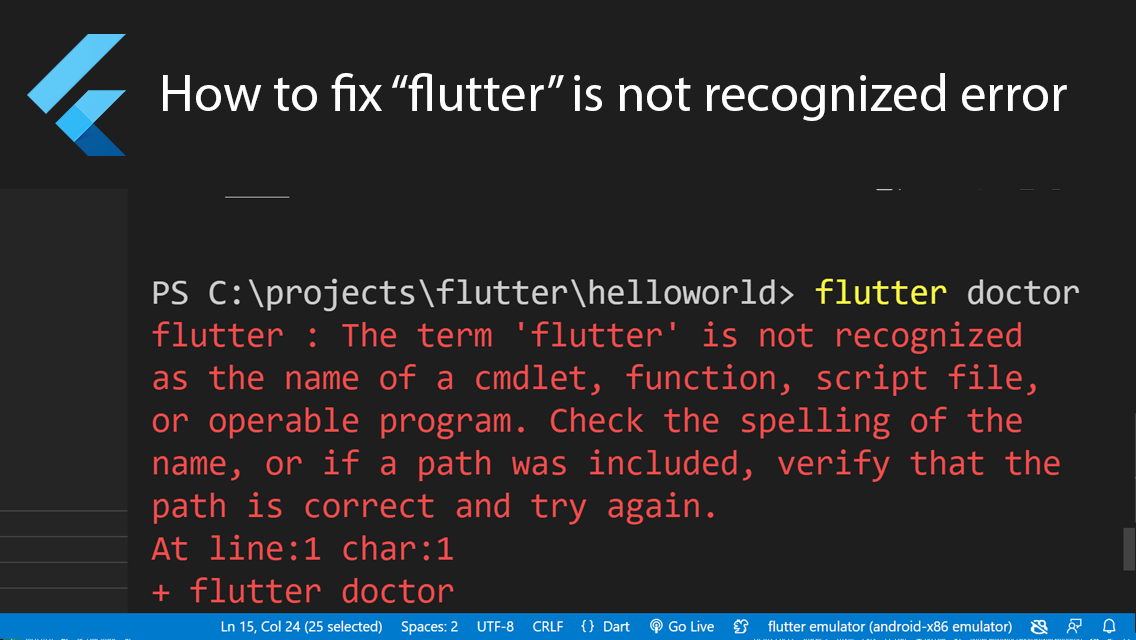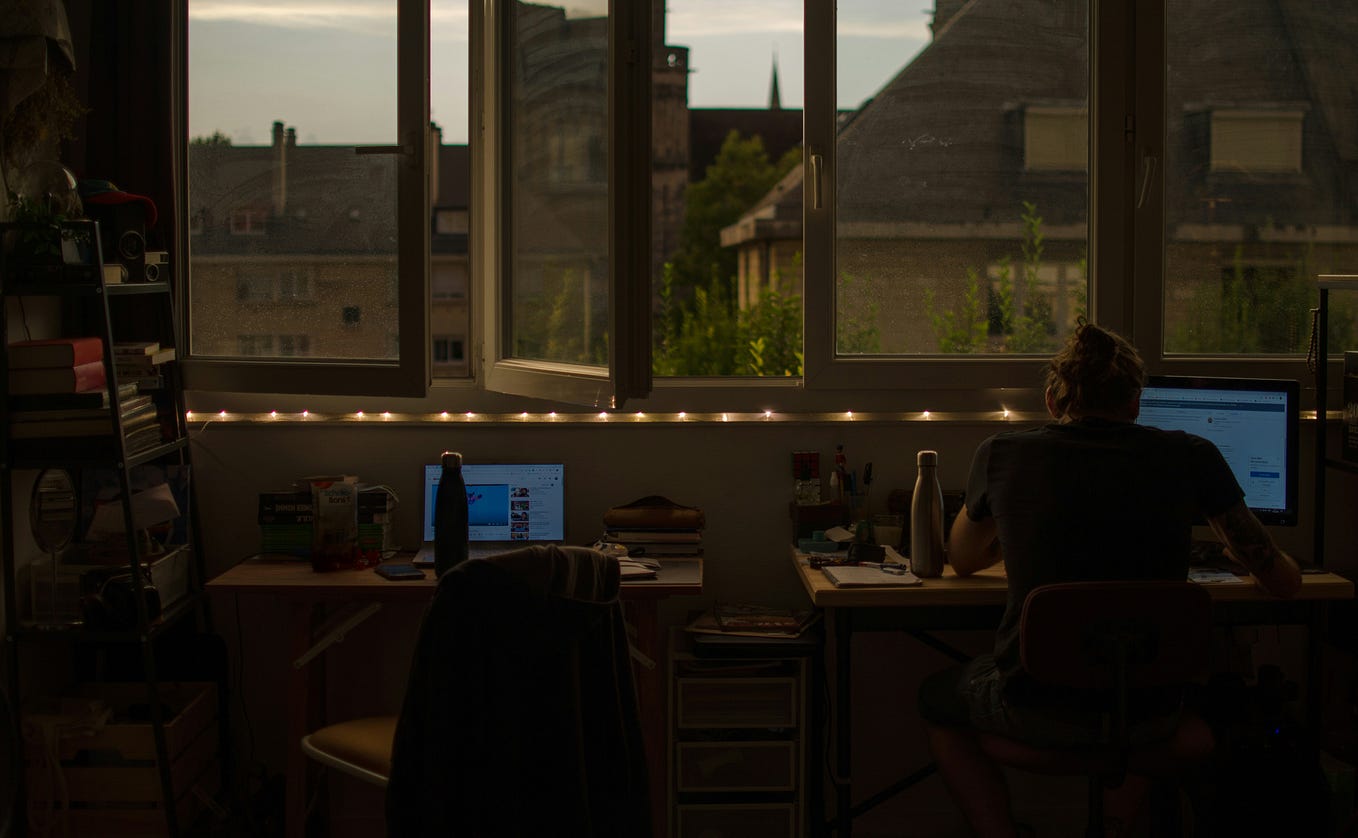A Game Developer’s Year with #GamerGate: The Ugly, the Bad, and the Good
About a year ago, I decided to ruin my life and the lives of others.
Here is how it went.
I come from a poor family with the additional bonus of being born and living in a communist Poland. I worked my ass off since I was sixteen and when I was twenty-one I was able to make my first commercial video game.
With our next games, we — me and a friend — tried to go beyond Poland and that was hard. Poland was a savage land to most Western publishers in the 1980s and 1990s. But we did it. I had no family, I had no apartment of my own, I had nothing but work every day of the month, but after sixteen years of that grind I was a Creative Director and a co-owner of a 70+ strong studio creating a game for Epic and EA.
Then a few years later Epic went one way and we went another, and me and two other co-founders of People Can Fly decided to risk our whole lives, literally every last cent we had and more, and make an experimental narrative game. In those two years it took us to make the game, I put the family I finally had at the risk of poverty and eviction, and I probably became a sixty years old man at the age of forty-four.
The Vanishing of Ethan Carter was a success.
At that point, I took a good look at my life again. I realized I had a wife and a daughter I loved, and I had a successful game development studio with two friends. No one knows what the future brings, but at that moment, life was good.
So I decided it’s time I become a misogynistic cyber-terrorist, harass innocent people, and do everything I can to push women out of gaming.
I mean, at least that is the story some people would tell you when asked why I do not demonize #GamerGate.
There’s an alternative version of that story. It goes the same until the release of my latest game, but then becomes a tale of a guy who — based on what the media and friends told him — took a stand against #GamerGate when it started. However, something felt off to the guy, so he decided to dig a little deeper, and for nearly two months looked into #GamerGate on his own. And then he found out the narrative was false, and while #GamerGate is not Saints United, it’s also not FC Demons.
Which of these stories sound more plausible to you?
What I just told and what I will tell here is not going to change anybody’s mind. I’ve been in these discussions for a year. If someone has their mind made up that #GamerGate exists to spread misogyny and hatred, the best I get from that person is that I am a fool or a Lenin’s useful idiot.
No amount of actual hard data is going to change anyone’s mind either.
A few months ago, WAM, a “North American nonprofit dedicated to building a robust, effective, inclusive movement for gender justice in media”, published their report on harassment. In that report, they linked 0.66% of GamerGate accounts they analyzed to harassment. Which is basically even less than a random sample of the Internet.
(Their methodology: they took various sources, among them 10K #GamerGate accounts from the GG auto-blocker. They found that 12% of all 538 harassers from all sources came from #GamerGate. In other words, 65 GG accounts out of nearly 10K GG accounts could be described as harassers. PDF with details: here).
I could quote and link similar sources that tried to analyze #GamerGate or present people who investigated #GamerGate and came out surprised it’s not what they’ve been told it was. But among many things I learned during the last year, one of the biggest is that bias trumps everything.
Funny story. Do you know what happens when an End of the World type of prophet announces the date, but the world is still alive and well the next day? Their followers’ faith strengthens. At best, you get this:
A man with a conviction is a hard man to change. Tell him you disagree and he turns away. Show him facts or figures and he questions your sources. Appeal to logic and he fails to see your point.
Why am I writing this, then, if all effort is futile?
Well, not all effort. While a single piece rarely changes anyone’s mind, an avalanche of data might. It’s a process that takes months or years, but people can change their views.
And if you ask me why am I so convinced I am not the biased one who got it all wrong? Well, first, I am not that convinced, and I always leave the room for doubt. Second, remember, though, that when investigating #GamerGate I had to go against my own bias as its enemy. Which is probably why it took me two months to come to the conclusion the hashtag is demonized, instead of a week. Third, I try to be data driven, not feels driven. And data shows the mainstream media’s narrative around the hashtag is not true. It’s as simple as that.
So… What is it exactly that I want to write about today?
I want to write about ten thousand things. Explain, in detail, how and why the false narrative was crafted. How it is still present to a mind-boggling degree. How and why the cultural colonialists try to take over video games. How the socio-politics around hashtag movements work. How double-standards and group-think work. How… As I said. Ten thousand things.
But I figure… If I really were to talk about it all, this would be a book or two. Also, it is likely that either you already know all those things, or, if you’re really interested, you can find the information you need easily. I did take the first step for you just in case, so feel free to simply dig through the great replies to this tweet:
Instead of writing about ten thousand things, then, let me go personal and hopefully offer something you haven’t heard before. What the last year of either supporting or disagreeing with #GamerGate revealed and did to me.
There’s a movie called The Good, The Bad and the Ugly. Let me use that template, but in reverse order. I do like the idea of ending this post with something positive.
THE UGLY
I am forty-four years old, so I already had enough chances to realize that maybe not all people are great. However, even I was surprised this last year. I never expected public figures, people calling themselves journalists, to attack a veteran game developer without ever exchanging a word with him or asking about his motives.
And yet that is exactly what happened. Even though I am not a part of #GamerGate for multiple reasons, just the fact that I talk to them without buying into the awful harassment/misogyny narrative caused: a) Arthur Gies (Reviews Editor at Polygon) to imply I am an indecent, terrible human being, b) Matt Lees to delete his highly positive video review of Ethan Carter and call me a “total dick”, c) Leigh Alexander to attempt an insult, d) John Walker (boss of Rock Paper Shotgun) to call me a “gator dev” (which I’m not sure is an insult, but I’m sure it’s incorrect).
To be clear, it’s not that I was offended. Screw that. It’s just that these people live in a world where such behavior is acceptable.
It’s not just game journalists, of course. Game developers happily joined in as well, offering my wife a crash course in social justice.
And if we go a bit lower and look at people who are not running websites or doing anything creative but are mostly known for their social activism on Twitter, you will also get calls to boycott my game, or calling me anything from “scum” to “fuckwank”.
But all of that pales in comparison to one other story.
See, I am one of those people.
I’m not entirely sure what exactly Jonathan Holmes (Destructoid) has against learning something on the Internet. I mean, it is the leading source of information these days. Anyway, I assume Jonathan meant “things that are not necessarily true”, and that he simply wants an anti-harassment organization to succeed. A noble goal. I think organizations like that are needed. I wish they weren’t, but that’s sadly not the case.
However, an anti-harassment organization co-led by Alex Lifschitz is like an anger management class taught by Lobo. Not only a mistake, but a mistake of potentially severe consequences. And while Lobo is not real, Alex Lifschitz is, even if he does try to co-run an organization the acronym of which is a CON.
What has Alex Lifschitz done?
He attempted to ruin our game — the result of two years of hard work of an eight-person team plus a dozen of cooperators — by tweeting heavy experience-ruining spoilers to tens of thousands of people.
The social reach of the first such tweet was about 40K people, considering it was retweeted by the journalists Arthur Chu and Ian Miles Cheong:
I hope the black bars are understandable, just imagine a movie with a twist or a big surprise and that is more or less it. You know, “Darth Vader is Luke’s father” level of spoilers. If you finished Ethan Carter, you can see the full spoiler-ridden tweet here. For what it’s worth, that is not the only possible explanation of events in the game, but it is the most popular one.
A month later he tweeted the same thing again, this time it reach about 20K people:
Again, here’s the full version if you already played the game or do not care about heavy spoilers.
The social reach of these tweets is one issue, but even if it was zero, the idea that an anti-harassment organization, one full of assurances that they “never retaliate” and “never fight harassment with more harassment”…
…is co-led by someone like Alex Lifschitz is absurd. I mean, I understand he has the necessary trolling experience, but that puts him in a consultant’s role rather than that of a director.
People behind #GamerGate face harassment and abuse just like anyone else involved in social movements, and this is a person with moral qualifications to run an anti-harassment organization?
To be absolutely clear, I never spoke to neither Alex Lifschitz nor Zoe Quinn, let alone attacked them. On the contrary, I once argued in favor of Zoe Quinn when discussing a statement I deeply disagreed with. That was after both of Lifschitz’s tweets, by the way.
And what I just showed, Mister Holmes, is the reason why I am one of those who hope that CON will, indeed, “fail”. Promoting an organization that is supposed to help the victims of online hate but is run by a hypocrite who actively tries to ruin strangers’ livelihood and life, is not something I can get behind.
The disgusting tweet from Lifschitz was surrounded by equally disgusting discussion. Jane Ng, an artist at Campo Santo, makers of Firewatch, did not react well to the game…
…which surprised me, as she happily offers lessons on how to behave on the Internet.
To be clear, Jane Ng has every right to dislike the game. That is not an issue here. But the hypocrisy is appalling, and, more importantly, the fact that she, a game developer herself, did not even blink when her friend posted experience-ruining spoilers about an indie game (or any game, for that matter, although it is worth noting that both Ethan and Firewatch are in the same “narrative-focused indie games” category)… That’s just depressingly disappointing.
But it’s the case of Ian Miles Cheong that is truly enlightening. This is his opinion on the game during that particular conversation:
And this is what his opinion on the game was two days after the premiere, before one of its creators dared to have a different opinion on #GamerGate:
But — I just use this only as an example of what cultural Maoism can do to you. A couple of months ago Ian apologized to gamers…
…and basically left the authoritarian Left. Good for him. I’m happy I can end up even the worst chapter of this post on a positive note (EDIT: also, Ian reached out to me and a bridge was built).
THE BAD
My trust in quality journalism basically died. I was never that naïve about it thanks to my personal experiences, but last year the trust got shot right in the brain. Right now I believe no publication and no author, period. There are journalists I respect, but no one is getting the full trust anymore, especially when it’s about anything concerning socio-politics.
It got to the point when I see that if an article analyzes something and provides a link to the source, I skip the article and just go to directly to the source, no matter how hermetic it is. And then I can finally not trust the source itself.
The amount of lies, manipulation and disinformation around us is staggering. It is actually of the level that makes me feel like I am either a conspiracy theory freak, or a hero in the lost Kafka’s novel.
Let me give you a quick example. It does not matter what you think of Sad Puppies and Hugos or even if you know what I am talking about here. In short, Sad Puppies was/is a campaign. Here is how Entertainment Weekly originally titled their article on the subject:
Hugo Award nominations fall victim to misogynistic, racist voting campaign
And here is how that title looks today:
Hugo Awards voting campaign sparks controversy
The correction was not limited to the title, of course. Basically, the whole article was rewritten. Here’s the original, here’s the corrected version.
Why was this corrected? Some say because one of the Sad Puppies threatened to go to court. Others say it’s because they supplied EW with clear proof they were wrong.
The problem is, it took action to correct an incredibly biased article full of lies, slant and libel.
Now imagine what happens when:
- Bias is introduced into an article because of the writer’s ideology, the lies are often conscious;
- There’s nothing anyone can do about it really because the lies are about a hashtag, not a rich writer who can afford a good lawyer.
Welcome to the coverage of #GamerGate by most of the mainstream gaming press and the mainstream press.
Briefly stated, the Gell-Mann Amnesia effect is as follows. You open the newspaper to an article on some subject you know well. In Murray’s case, physics. In mine, show business. You read the article and see the journalist has absolutely no understanding of either the facts or the issues. Often, the article is so wrong it actually presents the story backward — reversing cause and effect. I call these the “wet streets cause rain” stories. Paper’s full of them.
In any case, you read with exasperation or amusement the multiple errors in a story, and then turn the page to national or international affairs, and read as if the rest of the newspaper was somehow more accurate about Palestine than the baloney you just read. You turn the page, and forget what you know. ― Michael Crichton
And here Crichton did not even assume malice. Now imagine what he described, just with a journalist who has an agenda.
So, my trust level is nearing zero, and it’s not something I enjoy. One, because it affects those few journalists who actually do their damn job. Two, because it almost makes reading non-fiction a pointless waste of time.
Of course, not everything is socio-politics, and things are slightly better in such departments. But, oddly enough, as a game designer and as a gamer I find way more exciting things on the blogosphere than on big gaming websites (with some exceptions). Be it Reddit or bloggers like The Gonzologist or The Males of Games, this is where I get inspired, not where I thought I would be.
THE GOOD
#GamerGate is a weird hashtag. People using it — at least some of them — fight really hard for it to lose relevance and disappear. Just imagine: ethical journalism and true diversity of opinion. Boom, #GamerGate gone.
I know, I know. Some people would keep using it for the wrong reasons, some would want it to be a watchdog (in that case, personally I am not a big fan of the hashtag. Literally, I just think #GamerGate as a hashtag does not work in this case). But still, a lot of people behind the tag would love for it to not have a reason to exist anymore.
Those people I admire. For a year they have been under an unprecedented attack, having influential authoritarians and mass media against them in the worst ways imaginable. I’ve seen this during the communism, but I never thought I’d see anything like this in a supposedly freedom-loving world.
To fight this poison pumped into your veins every day of the last year must have been incredibly exhausting. And yet, a year later, the movement did not shrink, and did not flinch. Astonishing. I guess there is some truth to it that choosing gamers as the next target of a cultural colonialism was not the wisest of moves.
Do I have a similar sympathy for the alleged victims of #GamerGate? For some, I do. I said it earlier that #GamerGate is not all Saints United. Some of them are beyond angry. Sometimes I get a tweet from a #GamerGate person that agrees with me and I still feel like I’ve been attacked. I can only imagine what happens when more fragile souls happen to actually disagree with such a person. Or a hundred.
For the rest of them, the attention seekers, the baiters, the liars who exaggerate any disagreement into harassment, the mass blockers, the “I said fuck you rapists to #GamerGate and they are being mean in my mentions” manipulators — no, I don’t have any sympathy at all. I also cannot offer it to any #GamerGate-rs who take the bait and give relevance to all those people.
Cough. Let’s get back on track. This chapter is supposed to be about the good things, after all.
For me, personally, two important things happened.
One, I forced myself to re-think and re-discover many things about gamers, games and game design. This resulted in multiple articles on my personal Medium account, but also quite a few on the official studio’s website. I also did a couple of in-depth interviews on #GamerGate, where I talked about both good and bad sides ot it (Niche Gamer, Tech Raptor).
I now understand games better, I understand gamers better. I’m glad I do, and I know I am not the only one.
Two, however paradoxical this sounds, I became a more tolerant person. This tolerance still has limits, but not as severe as before.
There is a slight chance that a person who completely disagrees with me somehow managed to get to this point of this post, convinced I got it all wrong. An intelligent, well-meaning, honest person. With whom I could spend hours passionately discussing video games, as long as we don’t touch #GamerGate. Why would I reject that?
And so I can disagree on some things with people but that is no longer a reason not to admire them in other areas. I consider most of Jim Sterling’s socio-political views something straight out of Tumblr, but that does not change the fact he does some of the best game reviews in the business. I differ with Stephen Totilo on assessments of some ethical or quality violations, but I am impressed by his work, both as an author and as a successful boss of a major gaming website.
Heck, I’ll even recommend Offworld when they publish something good and I become aware of it.
As I said, my tolerance has limits and do not expect me to hold hands with everyone. But I do feel it inside that just as my skin grew thicker, my tolerance levels increased. Life’s too short to keep track of all the grudges, and let’s all never assume we are unbiased and 100% right anyway.
Let me end this post with something that might appeal to many people on both sides on the barricade, and the barricade-sitters as well.
Here’s to the hope that during its second anniversary, #GamerGate will already be a memory we’re too busy to think about because we are playing and discussing fantastic video games — neither being shamed for it nor feeling the ideological agendas pushed down our throats.










